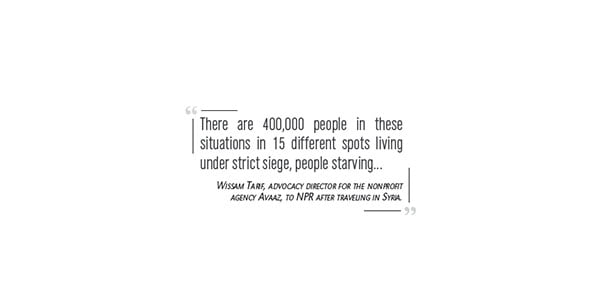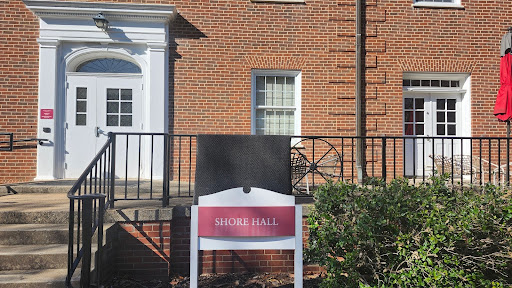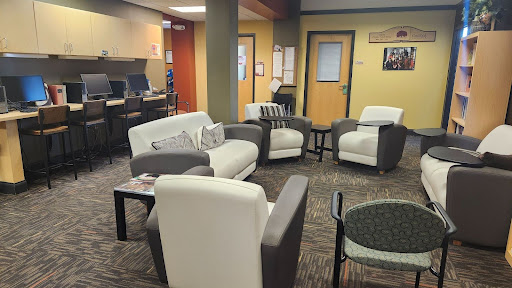The dogs and cats are gone. Now residents of the besieged Syrian town of Madaya are surviving on boiled water and tea leaves.
Since 2011, the Middle Eastern nation has gone from mild protests to a war-torn conflict, displacing millions and starving thousands more. The five-year civil war has only proliferated as U.N. peace talks are thwarted and terrorist groups run rampant in the countryside.
“Anytime you have Iran, Iraq, Saudi Arabia, Russia, Turkey, the Kurds, ISIL, the U.S. and so on involved in the same conflict you will get complications,” said Professor of Political Science Ken Gilmore.
The sheer number of parties involved has only muddied the waters of a volatile region.
“Now it is far more difficult to visualize a just peace,” said Adjunct Professor of Religious Studies Max Carter.
With war raging just outside, locals are struggling more than ever to simply survive.
Recently, Madaya flooded social media after it was found that besieged Syrians were eating stray animals to survive. In the face of such circumstances, photos surfaced of Syrian regime backers who posted images of their dinners, taunting the starving residents of the towns.
“There are 400,000 people in these situations in 15 different spots living under strict siege, people starving,” said Wissam Tarif, advocacy director for the nonprofit agency Avaaz, to NPR after traveling in Syria.
Currently, over 4 million refugees have escaped Syria and are wandering through Europe seeking a safe haven in a nation that has yet to close its borders. One of these nations is Germany.
“If Europe fails on the question of refugees, then it won’t be the Europe we wished for,” said German Chancellor Angela Merkel in a news conference.
Unfortunately, recent polls find that 40 percent of Germans feel that Merkel should resign due to her stance on refugees. Still, Samuel Scharfschwerdt, a second-year medical student living in Lubeck, Germany, applauds Merkel’s open-door policy.
“As for me … I’m incredibly proud of Angela Merkel,” Scharfschwerdt told The Guilfordian. “She stands strong for what she believes to be the right course … a really brave and honorable thing to do.”
Iranian first-year Hadis Daqiq agreed.
“We should really put ourselves in the refugees’ shoes,” she said.
Some families are already taking it upon themselves to provide direct help.
Though Zane and Lana Kuseybi both are U.S. citizens, they have strong connections in Syria. In August 2013, they helped resettle a Syrian refugee family into High Point, only 20 minutes from Guilford College.
“We are a world community,” Zane Kuseybi told The Guilfordian in an email interview. “We should always stand for the weak in representation to all of those who came before us to the shores of America. If we lose this characteristic … we lose the essence of America.”
Chair and Associate Professor of English Diya Abdo also aims to keep the essence of America. In September, Professor Abdo called college campuses to action across the United States with her “Every Campus a Refuge” initiative. The program, which has partnered with refugee resettlement agency Church World Service Greensboro, is now active and accepting donations.
The Syrian civil war has far-reaching effects. Secretary of State John Kerry looked to push harder for a diplomatic solution in an address Jan. 31.
“The goal is to reduce the violence … and create the basis for an inclusive, peaceful and pluralistic Syria we all seek,” he said.
It is time to get serious about Syria.












